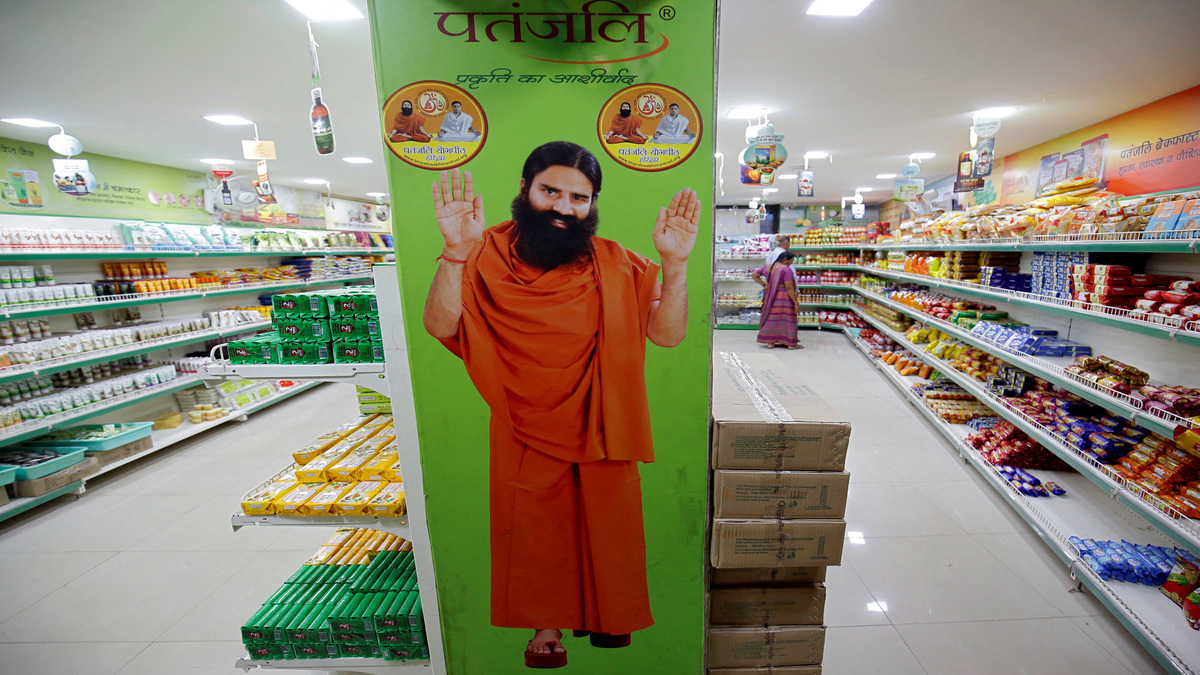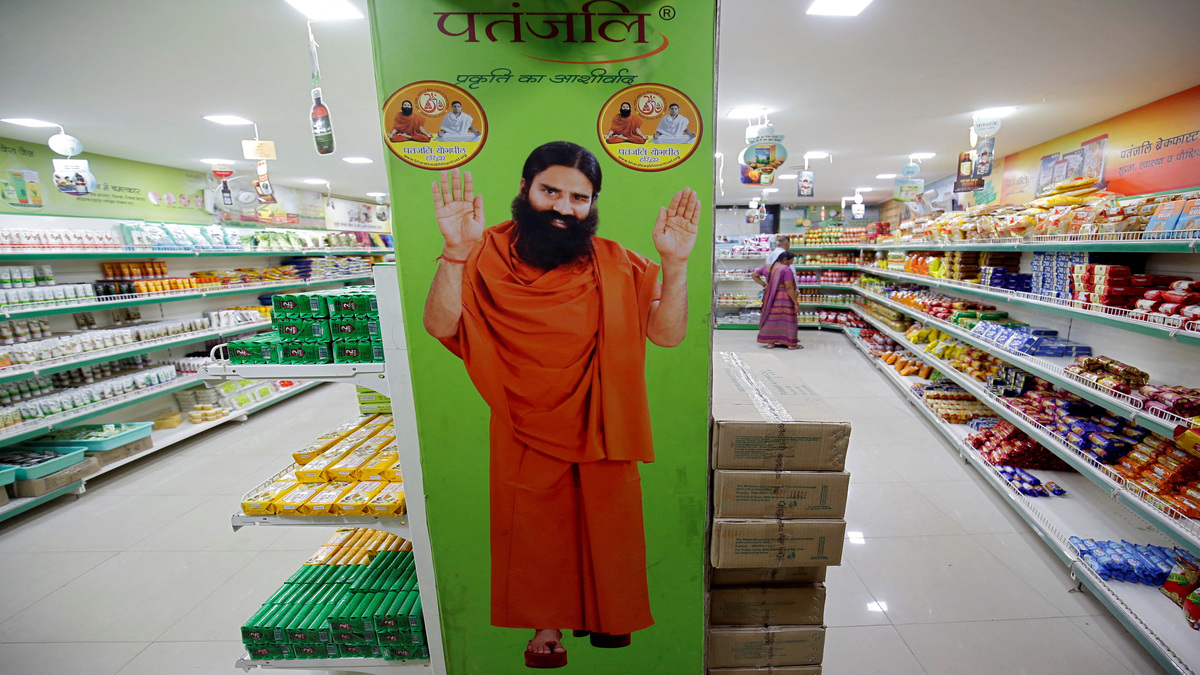In the wake of the Supreme Court verdict cancelling all but four of the 218 coal block allotments made since 1993, suggestions are pouring in thick and fast as to what must be done with regard to those cases where production is already on and may have to wind up by 15 March 2015. That is if they’re unable to wangle the very same blocks in transparent bidding which will hopefully be conducted by the central government. There are 40 such cases.
Suggestions range from turning a blind eye to their genuine plight and handing over these mines, along with the other de-allocated mines, to government behemoth Coal India Ltd, to allowing the companies using these blocks to be given the first right of refusal in the bidding.
The first-right-of-refusal doctrine is not a panacea for all economic ills.The Companies Act gives the existing shareholders the first right of refusal when a public company seeks to increase its capital. This right goes by the name of shareholders’ pre-emptive right and the process through which shares are thus offered is described as rights issue. Nobody can seriously quarrel over this valuable right given the fact that otherwise existing shareholders would suffer erosion in their holdings thanks to the resultant dilution.
Do the beneficiaries of coal block allotments deserve a similar right? The answer should be in the affirmative especially after the apex court ordered them to pay a penalty of Rs 295 per tonne of coal extracted is complied with.
The Supreme Court has implicitly endorsed what the ex-CAG Vinod Rai has been saying—Rs 295 is the loss to the exchequer per tonne after duly considering the cost of extraction. If they therefore cough up this amount and beat the highest bidder, then prima facie there should be no earthly reason why they should not be allowed to continue extracting and using coal for production of steel, power, etc. But on deeper examination, it would be clear that conferring such a right could well be counter-productive.
Non-serious players may spoil the party for the one vested with this right. They may jack up the quotations to dizzy heights with sadistic pleasure of knowing pretty well that the existing user in sheer desperation would have to beat the unrealistic quotation. When one’s survival is threatened he does desperate things, even though they may prove to be counter-productive sooner rather than later. Having paid an unrealistic price, they would have to press for price revision like a clutch of power companies had done after the unexpected increase in coal prices by the Indonesian government. The sufferer could well be the consumer including users of domestic power.
The government would therefore do well to seek the Supreme Court’s permission to institutionalise the Rs 295 per tonne formula, subject to an escalation clause, so that the existing users do not suffer though they might have been complicit in the illegality of allotment in the first place. This appears to be a less disruptive option than the right of first refusal remedy. Trenchant critics would dub this as sanctifying crony capitalism but in the absence of any other workable solution this seems to be the lesser evil.
Incidentally, the suggestion to hand over the blocks declared illegal to Coal India should be dismissed with the contempt it deserves given its track record of sloth and inefficiency. Incidentally, it is also time to revisit the concept of Swiss auction which the country has embraced because it could well be another time bomb waiting to explode.
Under the Swiss auction model, anyone can moot an infrastructure project to a government either at the Centre or state, and it is for such government to examine its need. But once it comes to the conclusion that the suggestion is indeed useful it has to either reward the person mooting such a suggestion with a one time payment or give them the first right of refusal by calling him upon to give better terms than the one winning the contract.
A farce such as the one enacted by DLF in Haryana could be repeated.The Haryana High Court was quick to spot the collusion between the Haryana government and DLF in shutting out competition for a building project – competition was kept out on the flimsy ground that they didn’t have experience in laying a golf course! The one mooting an idea should get a cash prize and nothing more. Otherwise he may devise ways and means of keeping the competition out.


)




)
)
)
)
)
)
)
)